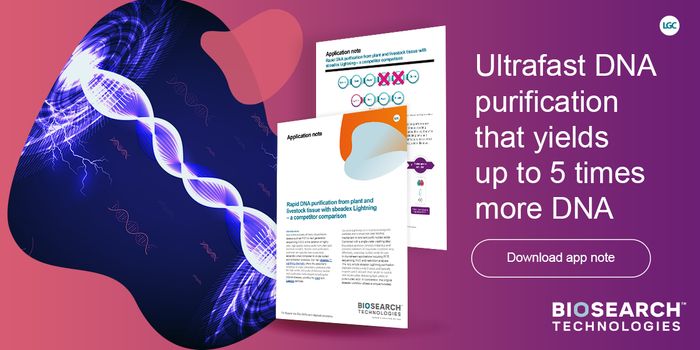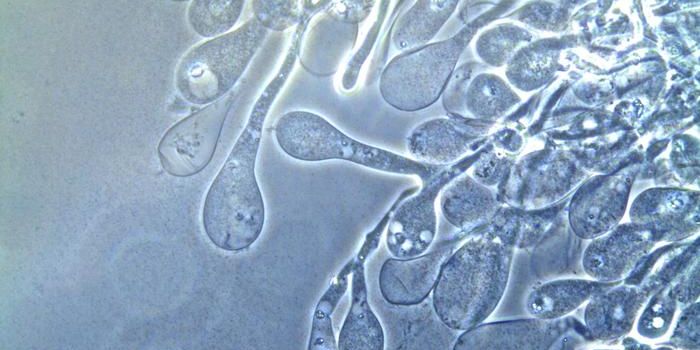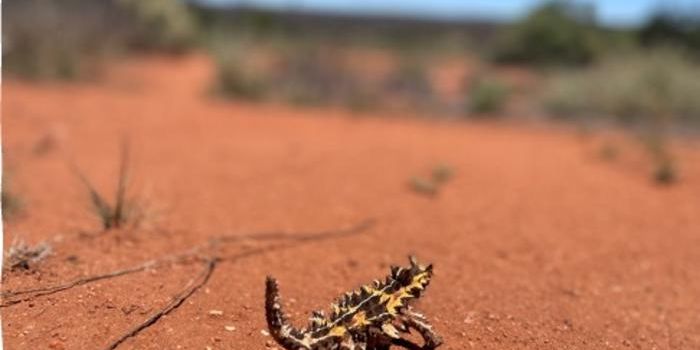Gardening Lowers Stress, Anxiety, and Depression
In a new study published in PLOS ONE, a research team from the University of Florida shows how gardening, even for novice gardeners, can have a beneficial impact on a person’s mental health, particularly anxiety and depression.
The study followed about 32 women ages 26 to 49. Interestingly, researchers screened patients and included those who were in good health, meaning no chronic physical or mental health conditions. That’s because prior research has shown gardening can help people with existing health conditions. The goal of this study was to learn how it impacted people who had no underlying health conditions, as well as those who had never gardened before.
Participants were assigned to either a gardening group or a group that made art, which worked as a sort of control group for the study. These groups met twice a week for eight weeks. Researchers chose art as the control group because both art and gardening activities required similar actions: learning, being creative, physical activity, and more. That made them similar enough to compare. Participants in either group learned techniques for their respective activity.
Throughout the eight weeks, participants also completed various assessments, including anxiety and depression screenings.
Overall, both groups experienced similar (positive) changes in their overall mental state. People in the gardening group saw slightly improved markers of anxiety. Though the study was small, researchers were able to show that the amount of gardening participants performed was enough to elicit a therapeutic response.
The connection between the natural world and mental health isn’t an inherently new concept. Therapeutic horticulture, or using gardening to improve overall health, has been around for a while. More broadly, ecotherapy has explored how doing things outside in the natural world can actually be used as a therapeutic strategy for treating people with anxiety, depression or a host of other mental health disorders. It’s based on the idea that humans have an innate connection to the environment around them, and that being separated from it can cause health problems.
Source: EurekaAlert!; PLOS ONE








